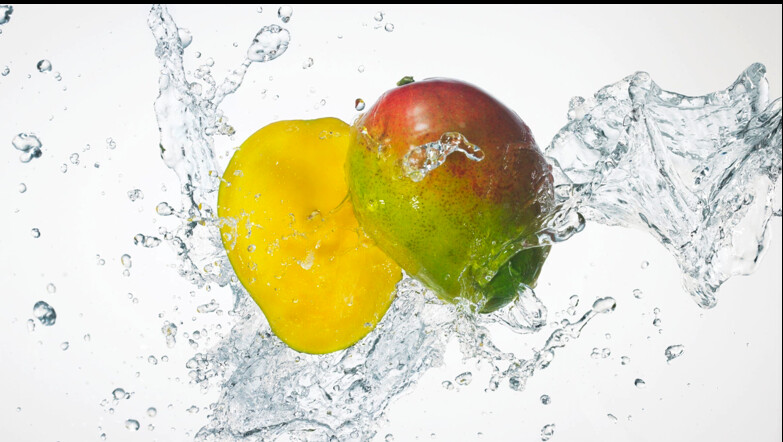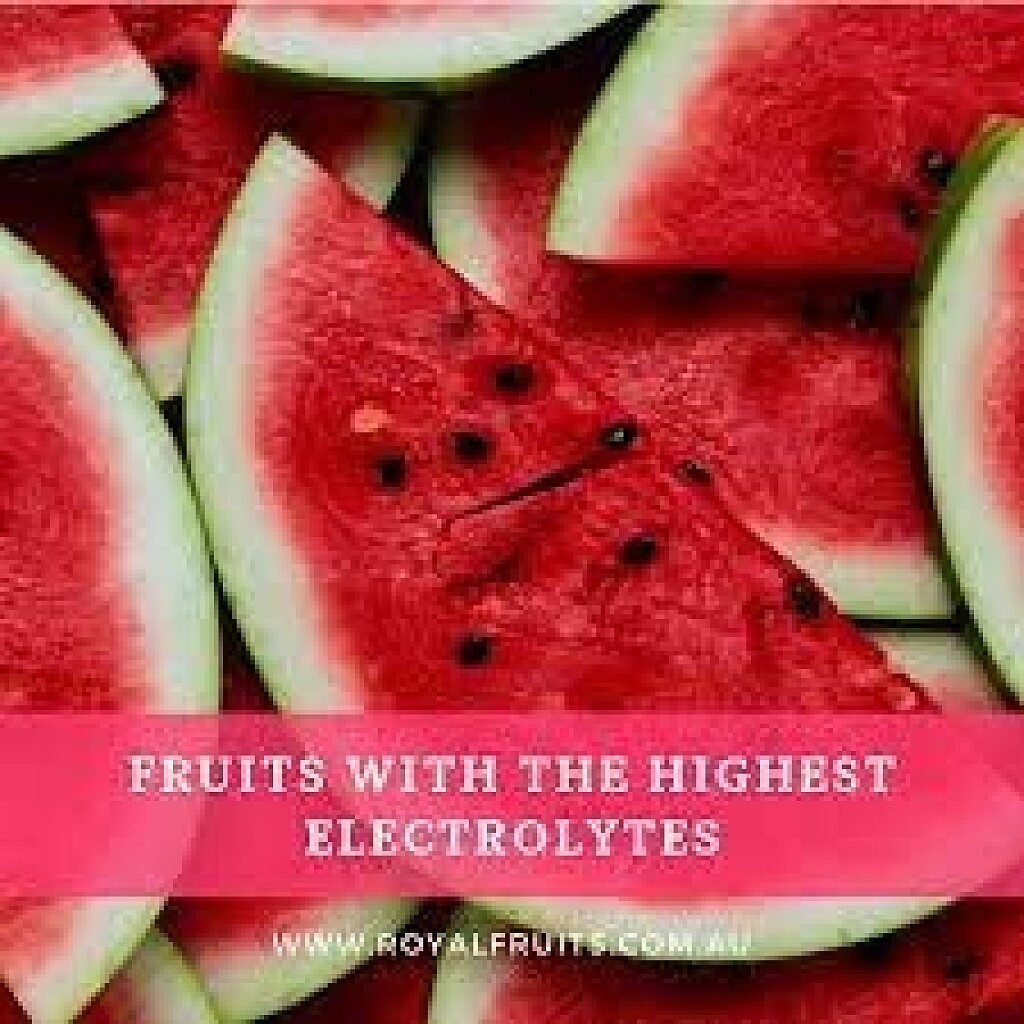Running News Daily
Running News Daily is edited by Bob Anderson. Send your news items to bob@mybestruns.com Advertising opportunities available. Train the Kenyan Way at KATA Kenya and Portugal owned and operated by Bob Anderson. Be sure to catch our movie A Long Run the movie KATA Running Camps and KATA Potato Farms - 31 now open in Kenya! https://kata.ke/
Index to Daily Posts · Sign Up For Updates · Run The World Feed
Over Sports Drinks? These Fruits Are Naturally Rich in Electrolytes
Find essential electrolytes like sodium, potassium, magnesium in everyday fruits
Many runners are familiar with common electrolytes like sodium, potassium, magnesium, and calcium. These minerals, namely sodium and potassium, play a role in helping to maintain fluid balance while exercising. Essentially, they allow your muscles and nerves to continue contracting optimally. Since we lose electrolytes along with water in our sweat, we need to make sure we are consuming an adequate amount to stay properly hydrated.

Having sufficient electrolytes on board can help prevent dehydration and muscle cramps, as well as aid in cognitive function and performance. Staying properly hydrated is even more important in the summer months, when we tend to lose more water and electrolytes in sweat.
Most runners are more concerned with low sodium levels than with higher ones. It is the electrolyte most lost in sweat, says registered dietitian Kylee Van Horn. “It plays a key role in both muscle contraction, fluid balance, and the bodies’ ability to utilize glucose (sugars) in the small intestine,” she says. “It works alongside chloride and potassium to maintain fluid balance.”
Hyponatremia, a dangerously low concentration of sodium in the blood, usually occurs when there is an excess of water (fluid) in relation to sodium in the body. Exercise-associated hyponatremia (EAH) can develop during or after physical activity (usually in regards to intense or endurance-type activities) and can lead to serious consequences.
Potassium works with sodium and is specifically recognized for its help in aiding muscle contractions, maintaining blood pressure, and preventing muscle cramping. The daily recommendation for potassium intake is about 4700 milligrams.
“Magnesium and calcium play roles in muscle contraction and energy production but are lost in smaller amounts in sweat,” says Van Horn.
While many of us rush to consume electrolytes through sports beverages, gels, tabs, and other supplements, we often forget that many delicious foods contain electrolytes, as well. Furthermore, many of the standard sports drinks and energy bars may contain sodium but lack other important electrolytes, and may also contain unwanted ingredients or added sugars.
by Outside Online
Login to leave a comment




